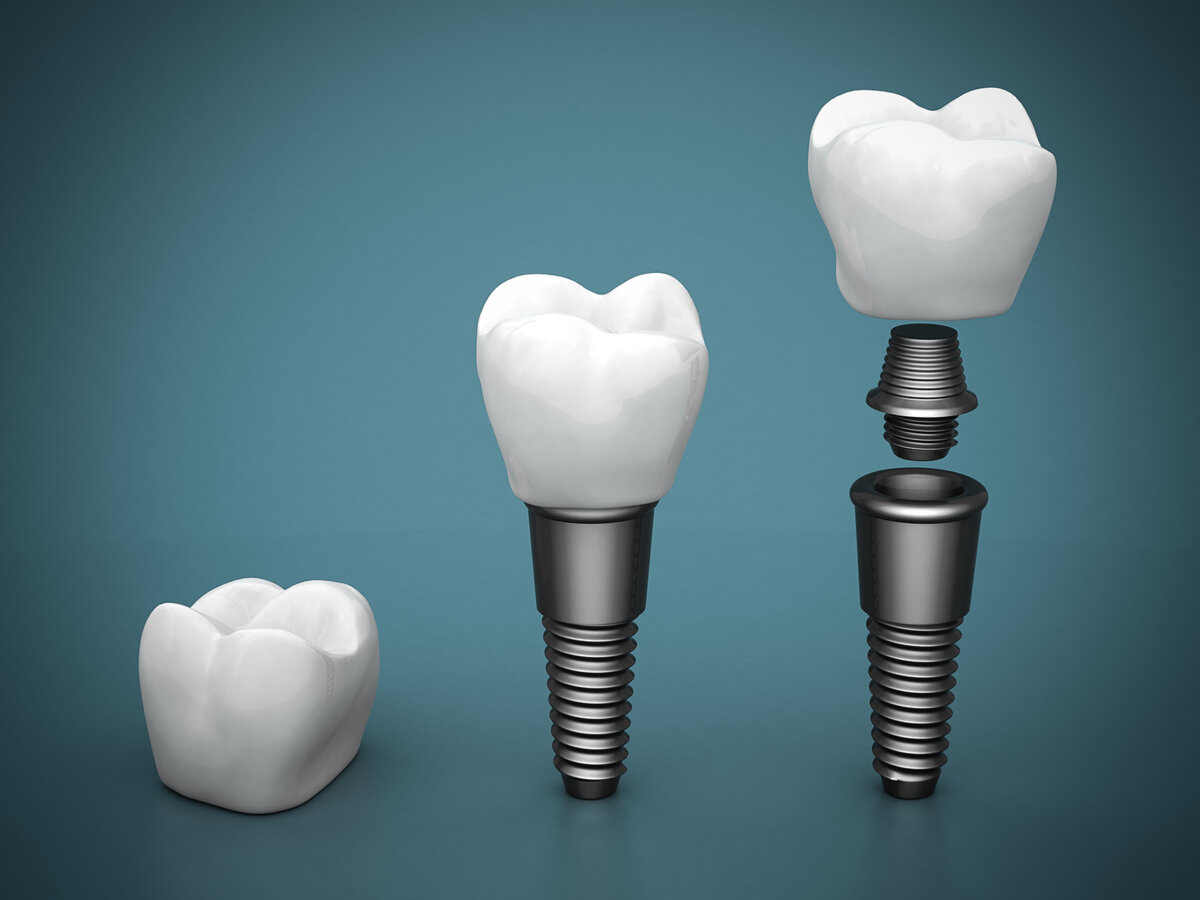Blog
Dental hygiene tips for healthy teeth & gums

Are Dental Implants Permanent?
In most cases, dental implants last for life and cause no long-term complications. If you have severe tooth decay or infection, have suffered gum disease, lost a tooth in an accident, or do not enjoy wearing dentures due to pain, irritation, and discomfort, dental implants are a wonderful option for you.
Implants are a better long-term solution to tooth loss than dentures or partial dentures, which need to be replaced every few years. Implants are far more durable and healthy than dentures or partial dentures. Dentures with dental implants are stronger, they do not shift, and allow you to eat, speak, and smile with ease.
Dental implants are made of what?
A dental implant’s longevity can be attributed to what it’s made of:
- Implant – A titanium or zirconia post placed surgically in the patient’s jawbone to serve as the root of their crown.
- Abutment – A piece of metal that attaches to the implant and holds the crown.
- Crown: A crown is an artificial tooth attached to an abutment and offers the same appearance and function as a natural tooth.
A crown and abutment are generally more susceptible to damage due to their exposure and active use in chewing and biting food than the implant itself.
What is the lifespan of a dental implant?
As long as the patient receives regular dental checkups every six months, the implant screw can last a lifetime with a regular habit of brushing and flossing. However, due to wear and tear, a crown will usually only last between 10 and 15 years before it needs replacing. However, it is possible to extend the lifetime of the crown beyond 15 years if you observe excellent dental hygiene and take proper care of the crown. The location of a dental implant in the mouth can also affect its life expectancy. When implants are placed in the rear of the mouth, they are used more actively when chewing, which will likely wear them out faster than implants in the front of the mouth.
Benefits of Dental Implants
Dental implants look and feel like natural teeth, so they can improve a person’s self-esteem tremendously. With a dental implant, people that are hesitant to smile due to a missing tooth are able to smile with confidence. An implant not only enhances your appearance but also makes eating and speaking easier since a titanium post is fixed directly to your jaw. As a result, an implant is not prone to coming loose like a denture. As they are not attached to other teeth like bridges, dental implants also benefit general oral health.
How to take care of a dental implant?
Implants will be successful only if you practice good oral hygiene. Regular dental visits should be scheduled as well as flossing and brushing teeth. Before you make any decision, we suggest that you first speak to your dentist.
Schedule your appointment with a dentist today and get the treatment on time!


